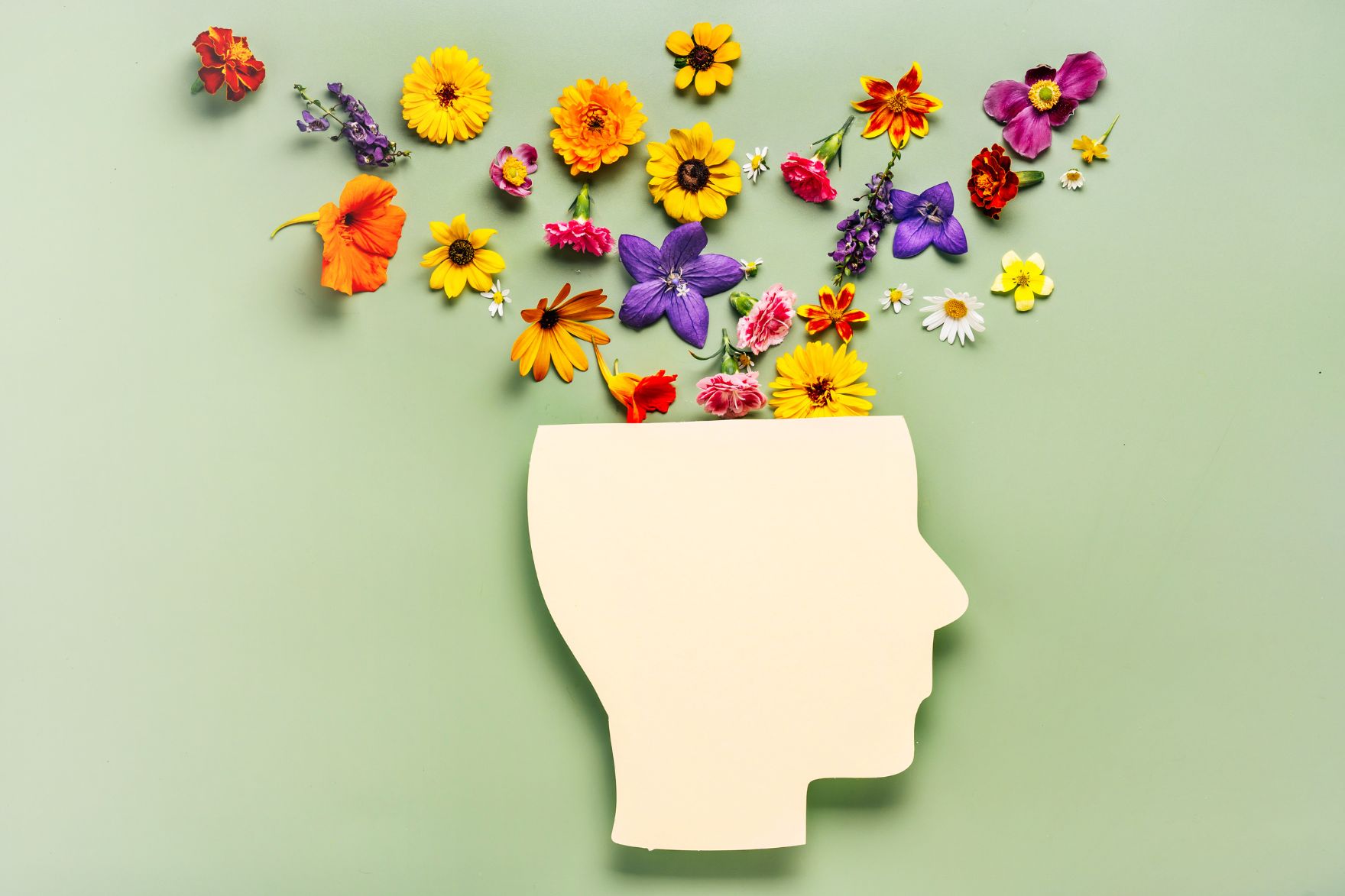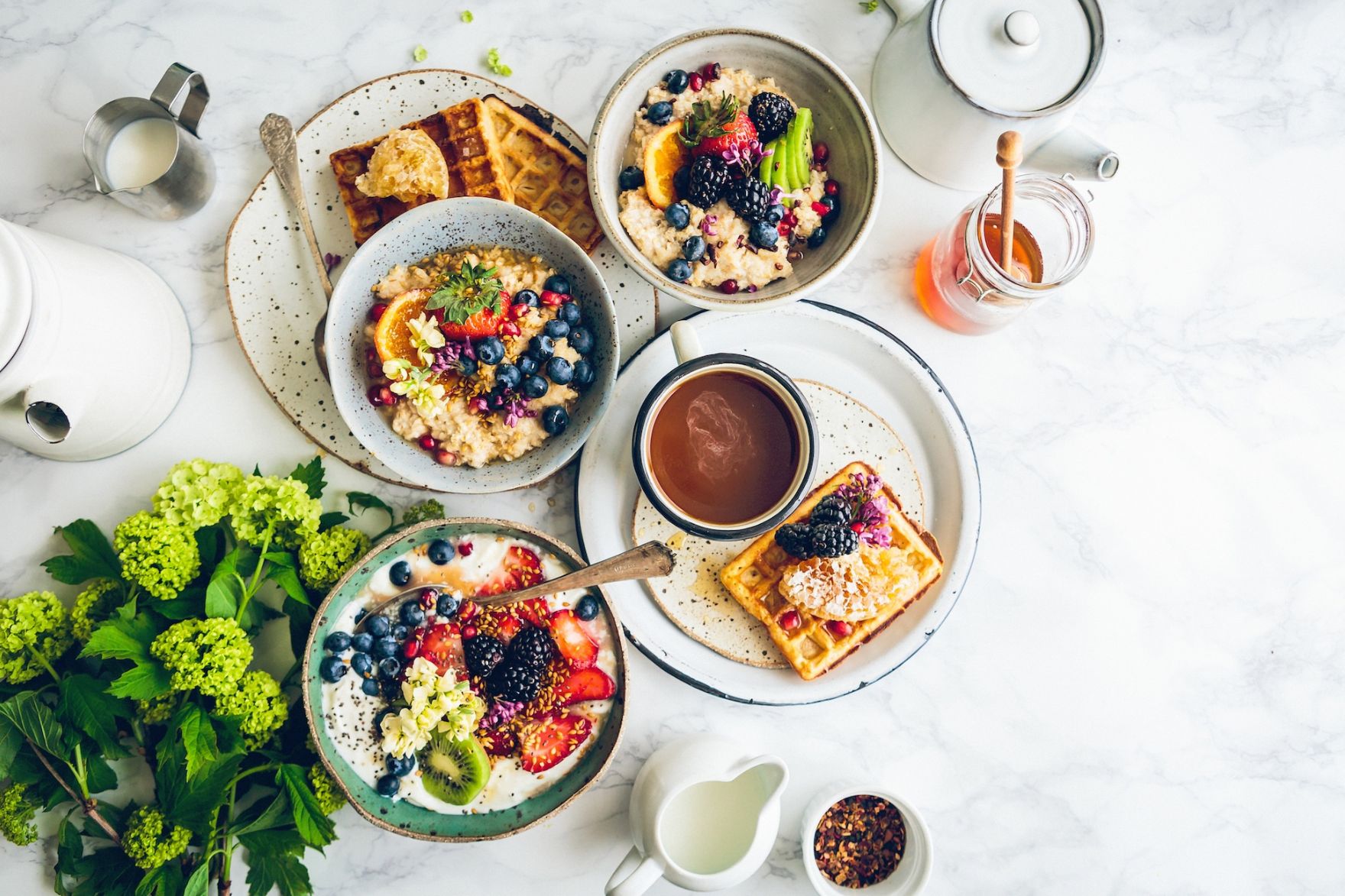In our fast-paced world, anxiety and depression are all too common. What you eat and how you move can significantly impact your mental health, so much so that you may not even need medication with the right regimen! Nutrition and exercise play crucial roles in managing and alleviating symptoms of anxiety and depression.
Understanding Anxiety and Depression
Anxiety and depression are complex conditions that can affect anyone. They often stem from a mix of genetic, environmental, and lifestyle factors. While therapy and medication are important components of treatment for many people, lifestyle changes, particularly in diet and exercise, can also make a significant difference! I know first hand how hopeless it can feel when you suffer with anxiety and depression. When I was 50lbs overweight, I also struggled with terrible mental health and was heavily medicated. Fast forward to now and I have never felt stronger mentally, and no longer need medication.
The Role of Nutrition in Mental Health
What you eat doesn’t just affect your physical health; it also impacts your brain function and emotional state. Here’s how specific nutrients and dietary patterns can influence anxiety and depression:
- Omega-3 Fatty Acids: Found in flaxseeds, chia seeds, walnuts, and algae-based supplements, omega-3 fatty acids are essential for brain health. They have anti-inflammatory properties and support the production of neurotransmitters, which can help reduce symptoms of depression.
- B Vitamins: Vitamins B6, B12, and folate play crucial roles in brain health. They help produce and regulate neurotransmitters like serotonin and dopamine. Leafy greens, legumes, nuts, seeds, and fortified cereals are excellent sources of B vitamins.
- Vitamin D: Often called the “sunshine vitamin,” vitamin D is linked to mood regulation. A deficiency in vitamin D can contribute to depression. Mushrooms, fortified plant-based milks, and supplements can help maintain adequate levels.
- Antioxidants: Foods rich in antioxidants, such as fruits, vegetables, nuts, and seeds, help combat oxidative stress, which is linked to depression and anxiety. Berries, citrus fruits, and leafy greens are particularly beneficial.
- Probiotics and Prebiotics: The gut-brain connection is powerful. A healthy gut microbiome can positively affect mood and mental health. Probiotic-rich foods like sauerkraut, kimchi, and plant-based yogurts, along with prebiotic foods like garlic, onions, and asparagus, support a healthy gut.
- Complex Carbohydrates: Whole grains, legumes, fruits, and vegetables provide a steady release of glucose, which is crucial for brain function. They can help maintain stable blood sugar levels, reducing mood swings and irritability.
The Impact of Exercise on Mental Health
Regular physical activity is one of the most effective ways to improve mental health. Here’s how exercise can help manage anxiety and depression:
- Release of Endorphins: Exercise stimulates the production of endorphins, the body’s natural mood lifters. Activities like running, cycling, and even brisk walking can elevate your mood and reduce feelings of anxiety and depression.
- Reduction of Stress Hormones: Physical activity reduces levels of cortisol, the body’s primary stress hormone. Lower cortisol levels can help alleviate symptoms of anxiety.
- Improved Sleep: Regular exercise can help regulate sleep patterns, which are often disrupted by anxiety and depression. Better sleep quality enhances overall mental health.
- Enhanced Cognitive Function: Exercise increases blood flow to the brain, promoting the growth of new neurons and improving cognitive function. This can lead to better mood regulation and decreased symptoms of depression.
- Social Interaction: Group activities or sports can provide social interaction and support, which are crucial for mental well-being.
Combining Nutrition and Exercise for Optimal Mental Health
Integrating healthy eating and regular physical activity into your routine can have a synergistic effect on your mental health. Here are some tips to help you get started:
- Create a Balanced Meal Plan: Focus on whole, plant-based foods that provide essential nutrients. Include a variety of fruits, vegetables, whole grains, nuts, seeds, and legumes in your diet.
- Stay Hydrated: Drink plenty of water throughout the day to keep your body and mind functioning optimally.
- Incorporate Regular Exercise: Aim for at least 30 minutes of moderate exercise most days of the week. Choose activities you enjoy, whether it’s yoga, swimming, hiking, or dancing.
- Practice Mindfulness: Combine nutrition and exercise with mindfulness practices like meditation or deep-breathing exercises to reduce stress and enhance mental clarity.
- Seek Professional Guidance: If you’re struggling with anxiety or depression, consider consulting with a healthcare provider, nutritionist, or personal trainer to create a personalized plan that supports your mental health.
Real-Life Success Stories
Many people have found relief from anxiety and depression by making changes to their diet and exercise routines. Hundreds of women that I’ve worked with reported significant improvements in mood and energy levels after just one month of working with me. Others have found that regular exercise, whether it’s running, yoga, or strength training, has helped them manage stress and feel more in control of their mental health.
Check out some testimonials HERE
Conclusion
Anxiety and depression are challenging conditions, but you have the power to influence your mental health through nutrition and exercise. By nourishing your body with the right foods and staying active, you can support your brain function, reduce stress, and enhance your overall well-being. Remember, small, consistent changes can lead to significant improvements over time





